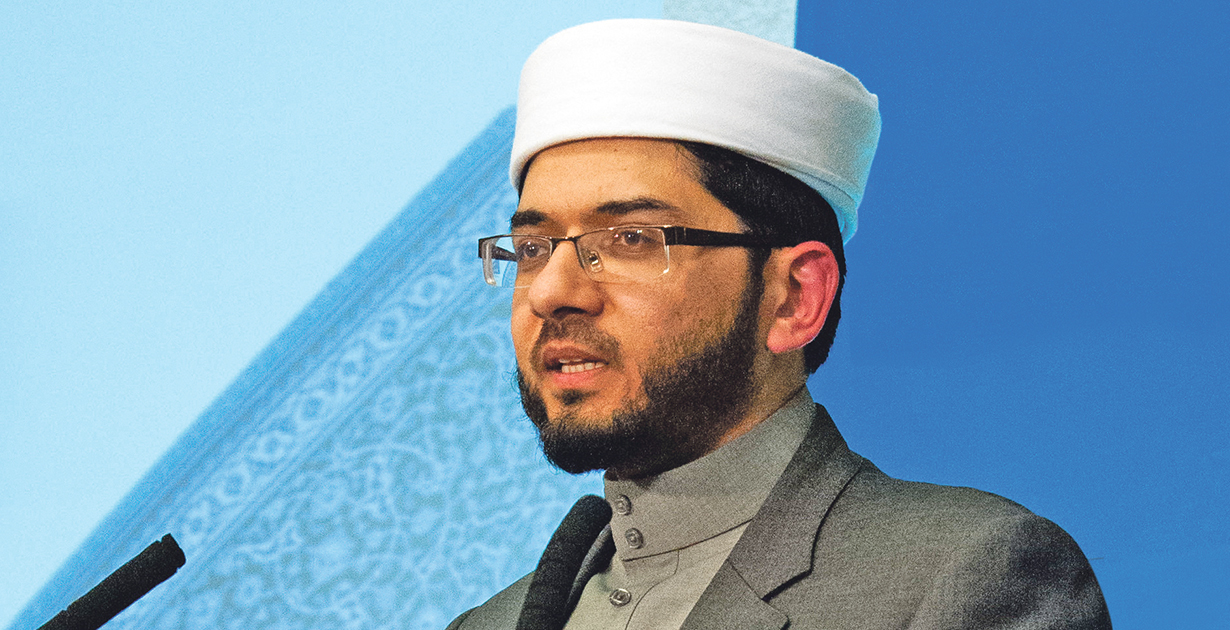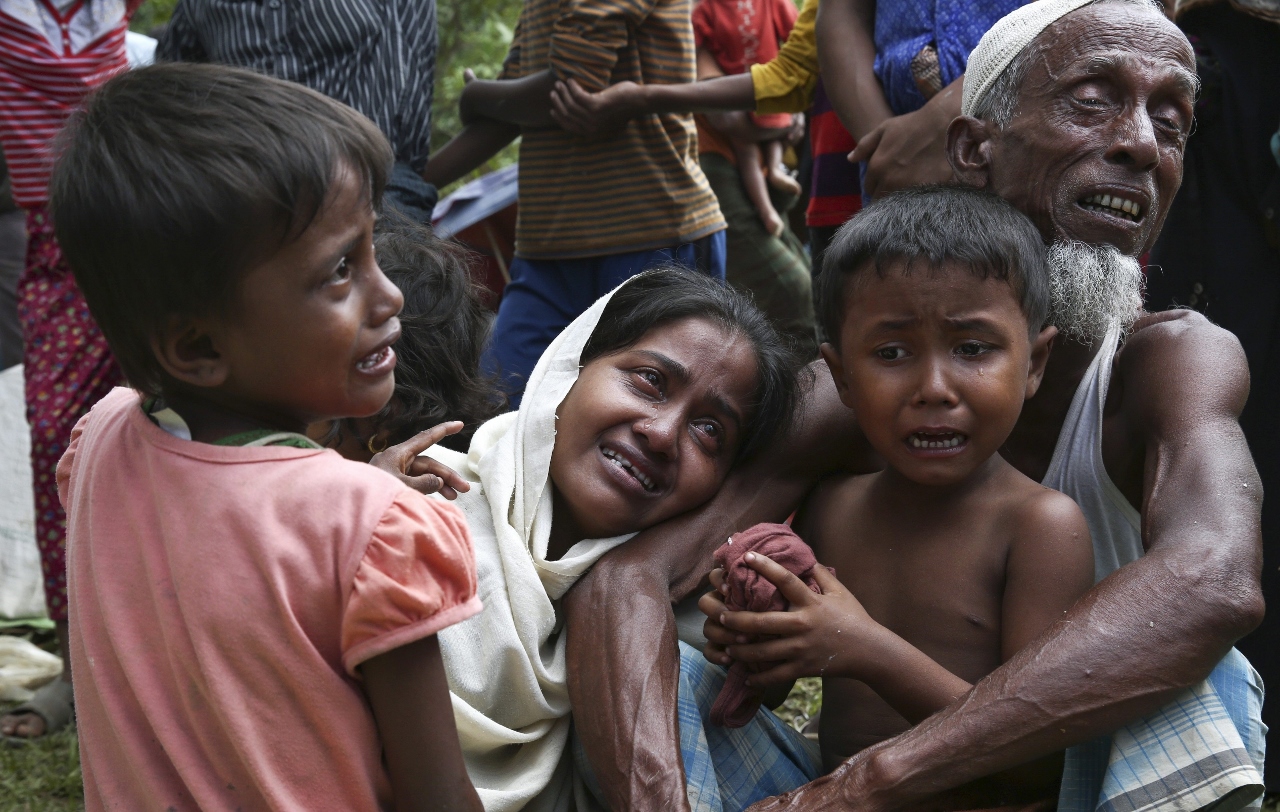
Muslims twice as likely to be jobless as the rest of the population
A landmark Commons report has discovered that more than 10 per cent of British Muslims are out of work, with women making up 65 per cent of the number – higher than any other demographic in the country.
Now MPs are pushing for ‘name-blind’ applications, claiming employers should be barred by law from asking people’s names when they first apply for jobs to reverse a huge toll of unemployed British Muslims.
The Commons report praised ‘name-blind’ applications, as it found the UK’s 2.7 million Muslims are twice as likely to be jobless as the rest of the population. The rate was 12.8 per cent compared to the 5.4 per cent UK average.
Statistics also revealed that nearly half of the ‘economically inactive’ Muslim women are not looking for paid work because they are looking after the home yet among the population as a whole, only 16 per cent of women are economically inactive for that reason.
In February, the Government asked Baroness McGregor-Smith, chief executive officer of the FTSE 250 company, Mitie Group plc, to find out what is holding BME talent back and recommend ways of breaking down these barriers.
However, when the members of the Commons committee set out to see for themselves how Muslim communities are coping, they say they found themselves being greeted with mistrust by people who thought they had come to reinforce Ms May’s ‘Prevent’ programme.
The Women and Equalities Select Committee said there are ‘varied and complex’ reasons for Muslims being out of work – including discrimination and Islamophobia, stereotyping and ‘pressure from traditional families’.
The government are now calling on people from all communities, but especially British Asians, to submit their views on why some groups find it more difficult to progress into managerial and senior positions than their white counterparts.
The Review wants to ensure it is hearing views from as many people as possible, from a diverse range of backgrounds.
Baroness McGregor-Smith said: “I am determined that this review will contribute to improving social justice and the life chances of people from different backgrounds.
“It is essential that as many people as possible contribute to our understanding of the issues and opportunities that BME people face in their progression through the workplace, and I urge people to respond to our call for evidence.”
The call for evidence is aimed at people from all BME communities across Great Britain to help Baroness McGregor-Smith understand the obstacles faced by people in the labour market, from recruitment through to executive level.
Businesses and third sector organisations are also being called upon to take part in the review.
Later in the year, Baroness McGregor-Smith will present the findings.
Ex-Prime Minister, David Cameron, is amongst those who condemned the ‘disgraceful’ discrimination against non-white names last year as he rolled out a ‘name-blind’ process in top civil service jobs.
He said: “People with white-sounding names are nearly twice as likely to get call backs for jobs than people with ethnic-sounding names.
“One young black girl had to change her name to Elizabeth before she got any calls to interviews.
“That, in 21st century Britain, is disgraceful.”
This week the committee went further, saying: “The Government should roll out name-blind recruitment to all employers, legislating if necessary.”
It said name-blind recruitment was only one step among many, adding: “To be fully effective this should form part of a sustained initiative which profiles those employers which have successfully implemented the policy in order to incentivise others to follow suit.
“The Government should monitor uptake and legislate if progress is not made within this parliament.”
Muslim women are 71 per cent more likely than white Christian women to be unemployed, even when they have the same educational level and language skills.
Muslims who do have jobs are also paid less than white workers from different faiths, according to the report.














